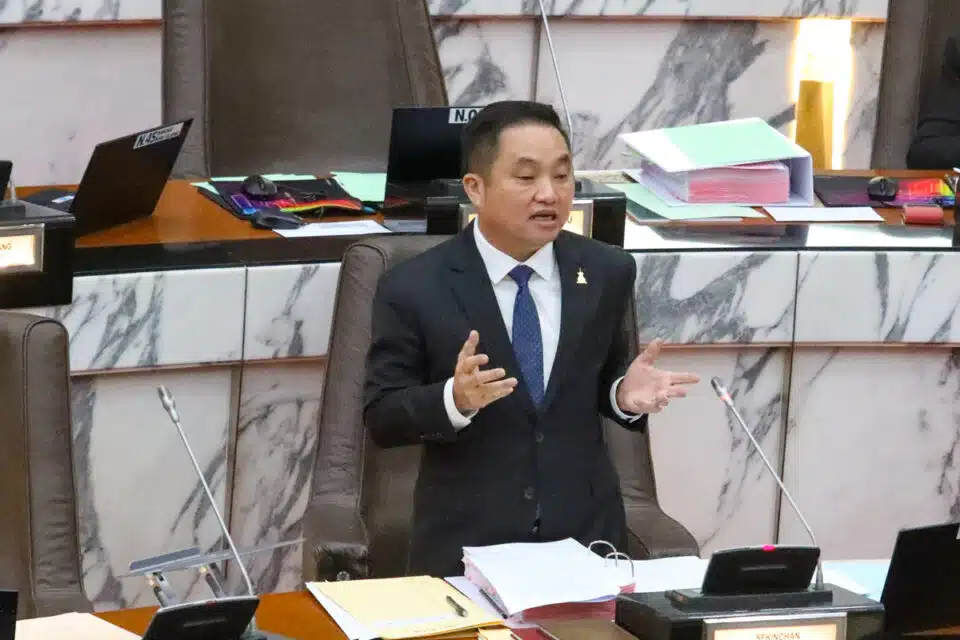By Danial Dzulkifly
SHAH ALAM, March 5 — State executive councillor for tourism Dato’ Ng Suee Lim has sought to address criticisms surrounding the Federal government’s proposal to nominate Chinese new villages in Selangor as Unesco World Heritage sites, emphasising the historical significance behind their formation.
Addressing the State Legislative Assembly sitting today, he reminded detractors that the villages were initially created as internment camps under the Briggs Plan in the 1950s during the Malayan Emergency.
The forced resettlement was devised by British General Sir Harold Briggs, and aimed at disrupting supplies to the Malayan Communist Party by cutting them off from their sources of support amongst the rural population.
Emphasising the historical significance of these settlements, Ng called for constructive dialogues surrounding the proposal and to avoid racialising the issue, noting that it has been exploited for political interest.
He also underscored the Chinese new villages’ aspiration to attain Unesco status, citing their unique traditions and heritage as being integral to their identity.
Ng’s comments come in response to multiple attempts by the state Opposition to politicise the matter during the current assembly sitting.
Unsatisfied by Ng’s explanation, Selangor Opposition leader Datuk Seri Mohamed Azmin Ali questioned the importance of pride associated with Chinese new villages today, given their formation during the Communist insurgency.
The Hulu Kelang state assemblyman also cited International Islamic University Malaysia academician Datuk Ahmad Murad, who argued that the proposal could challenge the country’s unity narrative and alter Malaysia’s history.
However, Ng asserted the historical context of the villages’ formation is undeniable.
“There is no intention to alter history; that is why I responded honestly here. However, this is merely a suggestion for now.
“If rejected, there is no need for the discussion to be led into such disharmony,” he said in his winding-up speech on the Sultan of Selangor Sultan Sharafuddin Idris Shah Alhaj’s royal address.
Ng added that apart from Chinese new villages, the traditional villages of other communities can similarly pursue Unesco World Heritage status, suggestions to which the state government is open.
This is after some lawmakers from Selangor Perikatan Nasional questioned if the state government would also nominate Malay traditional villages for a similar Unesco status.
However, Ng said acceptance is subject to meeting Unesco’s rigorous criteria, encompassing social, anthropological, historical, and heritage considerations.
“Designation as a Unesco World Heritage site signifies a symbolic cultural significance which acknowledges its heritage, tradition, and culture.
“We have never disregarded any proposals on the matter, but acceptance as a Unesco World Heritage site is contingent upon thorough evaluation by Unesco,” he said.
Earlier this month, Housing and Local Government Minister Nga Kor Ming proposed nominating Chinese new villages in Selangor as Unesco World Heritage sites to recognise their cultural and historical significance.





